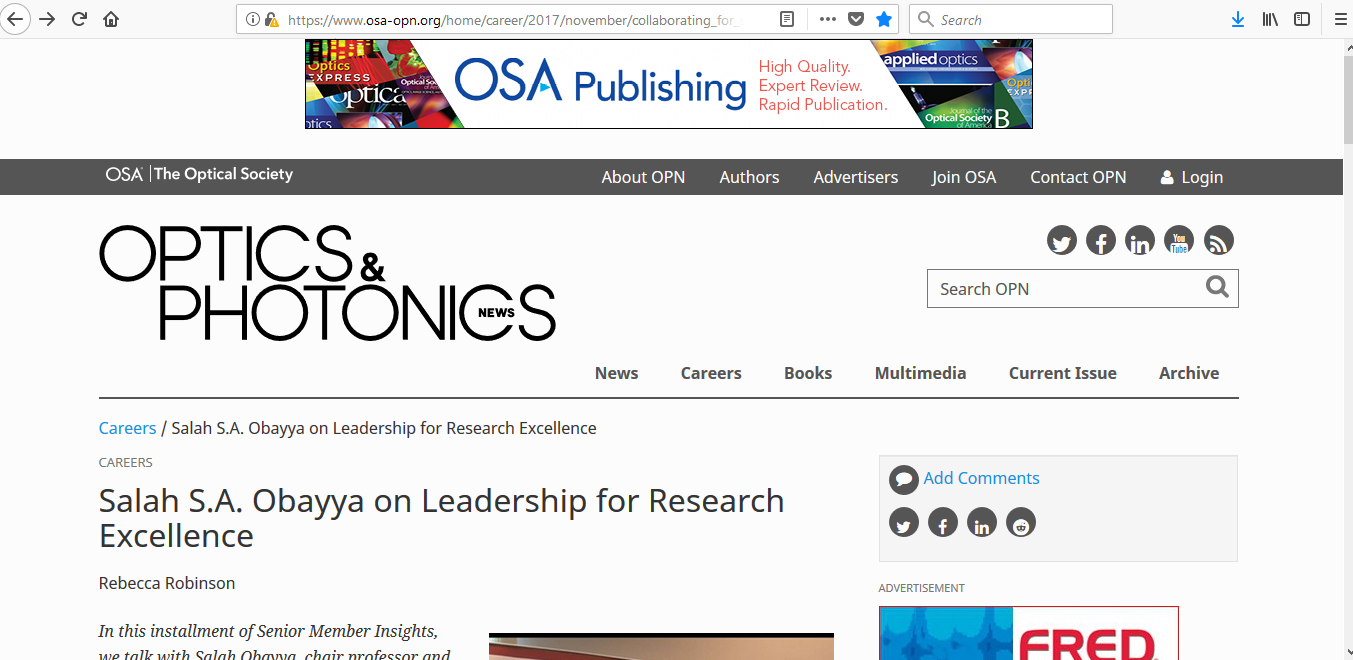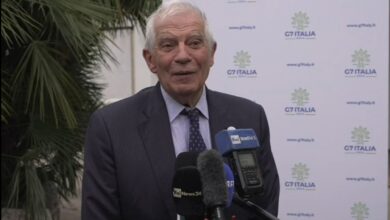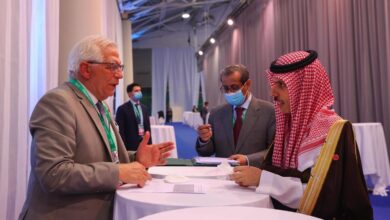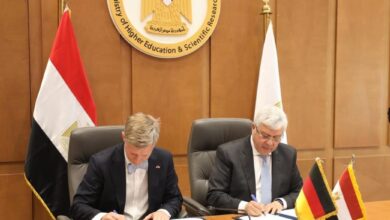A well-known American magazine “highlights a great Egyptian scientist”

Under a title of “Salah S.A. Obayya on Leadership for Research Excellence”, a well-known American magazine made a scoop highlight on a very famous Egyptian scientist Dr. Salah S.A. Obayya.. One of the greatest professors at Zweil City and he was the deputy head of Zweil City a year ago.. The dialogue as follows:
Salah S.A. Obayya on Leadership for Research Excellence
Rebecca Robinson

In this installment of Senior Member Insights, we talk with Salah Obayya, chair professor and founding director of Center for Photonics and Smart Materials (CPSM) at Zewail City of Science and Technology (ZC), Egypt. Previously, he was the vice chairman of ZC and director-general of research institutes at the same institution. Prior to Zewail City, he took up several academic posts at Brunel University, U.K., the University of Leeds, U.K., and the University of South Wales, U.K., where he was chair professor and the founding director of the Photonics and Broadband Communications (PBC) Research Center and also the director of postgraduate programs.
Salah’s research interests are in the area of green nanophotonics, with a focus on intelligent computational modeling of modern nanophotonic devices that are enabling technologies for a low-carbon green society. He led the team that developed an internationally recognized, comprehensive numerical package for the analysis, design and optimization of nanophotonic devices and subsystems, which has had a strong impact on the academic and industrial photonics communities for applications in solar cells, optical telecommunications, sensing, optical imaging, and encryption and other applications. He has been recognized with numerous fellowships and honors, and recently received the D.Sc. degree from City University London, the highest honor bestowed on research leaders by British universities.
Has there been a particularly difficult decision in your career thus far?
Looking back on my career and how it has grown quickly, I can easily identify that moving to Egypt to join Zewail City of Science and Technology (ZC) was the most difficult decision, although it later proved to be the correct one.
Until summer 2012, I had been chair professor and head of the Center of Photonics at the University of South Wales, U.K., where I could easily see the great opportunities to exponentially grow my research activities. However, taking up the founding and senior leadership position in the newly established institution of ZC granted me a trajectory of challenges to help lead a truly research-led higher education institution, with all the great potential to shape the future of the country and the region.
What is one piece of advice that you wish you were given as a student/early in your career?
Read, read and keep on reading. Nothing is even close to reading when it comes to self-learning, which you will highly value along the course of your academic career for years and years to come.
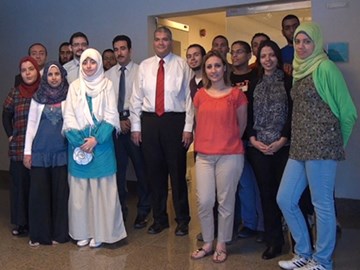
Like anything in life, it is very difficult at the beginning to read for self-learning, where there is little or even no guidance. However, you will eventually start to develop reading as a habit, soon turning it into “fun” and something of great joy and high career benefit. Self-learning and reading will also help raise your confidence, self-esteem and critical-thinking capabilities; these are all the key ingredients for creativity.
What have you learned by being a mentor to others, and what have you learned from mentors who helped shepherd your career?
Playing the role of an academic mentor for 10 faculty members, 15 postdocs, more than 25 Ph.D. students and more than 70 M.Sc. students has really granted me a richness of experience and skills that have helped accelerate the growth and progress of my academic activities. Mentoring has given me the precious opportunity to harness my leadership skills for forming large teams composed of individuals with different backgrounds, ambitions, career aspirations, cultures, etc.
Since I gained my first degree in 1991, I have been blessed to be mentored in my academic life by a series of highly professional and experienced professors who all share some common values and principles, which I learned and later firmly adopt in all of my practices. They were all very open to sharing their experience, skills and knowledge in doing things for first time, such as writing and winning a research grant, supervising research projects and students, writing a scientific report, etc. Healthy and bidirectional dialogues, constructive feedback and mutual respect are the foundation of a true scientific value system that I have been exposed to.
What do you think makes a good team, and a good team leader?
The key element of a successful team leader is how to address the challenge of making everyone feels she or he is an essential and key player of a big team. Within this context, recruiting and retaining talented team members is also essential for the “health” of the team and, in turn, the institution. Many approaches could be adopted, but I have found that allowing junior team members to grow as future leaders through development and coaching programs is the most promising in building and maintaining large and successful research teams.
What habits do you frequently rely on that help you to succeed?
Being passionate of everything I do drives me to work tirelessly around the clock to achieve my career milestones timely and successfully. The help I receive from the administrative and academic members of my team is truly behind every single piece of success reached.
If you weren’t in the sciences, what would be your dream career?
If not a scientist, I would have loved to be a literature writer; someone who encapsulates words with true, touching and human feelings!

